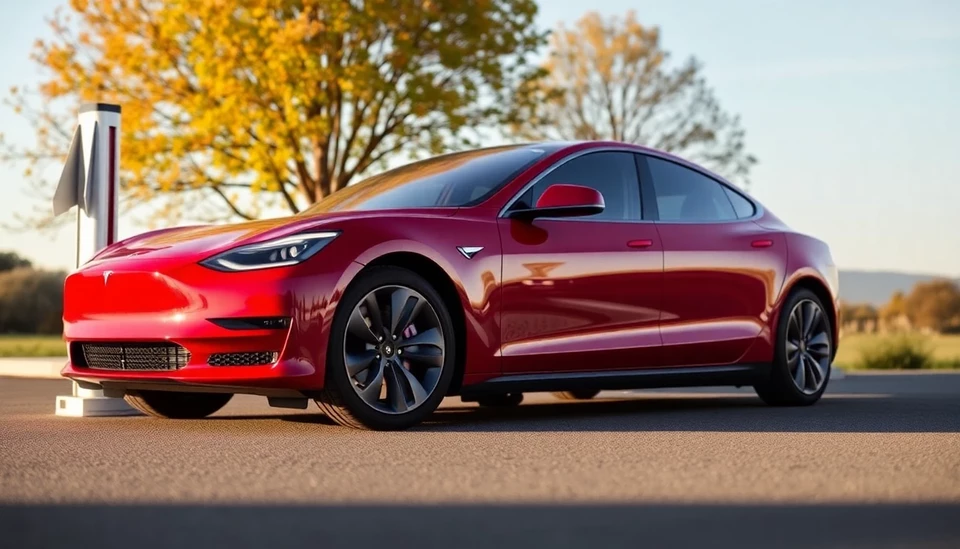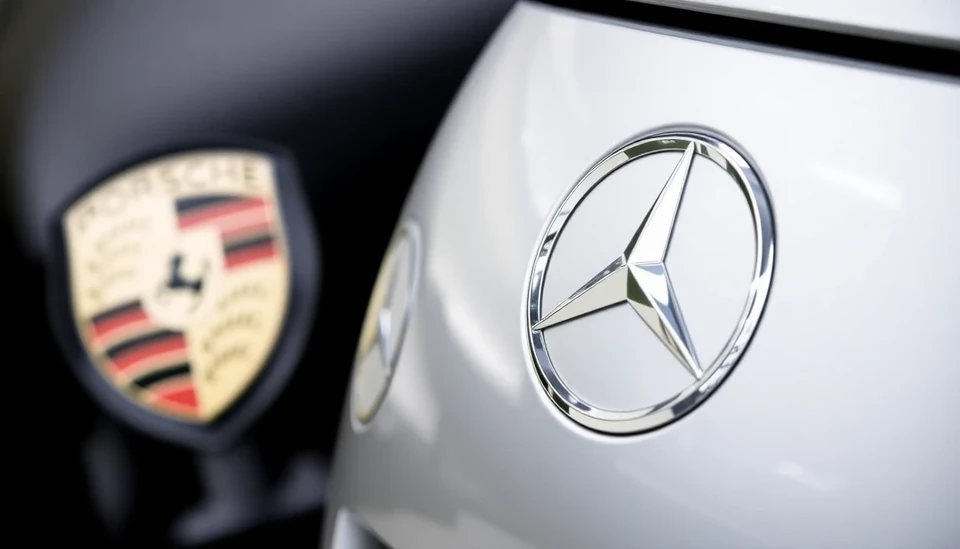
In a decisive move reflecting the shifting dynamics of the automotive market, Mercedes-Benz has announced plans to reduce its workforce in China, a critical region where local brands are increasingly dominating the landscape. With the Chinese automotive sector experiencing robust competition, especially from domestic manufacturers, the luxury car maker is reshaping its strategies to maintain its market presence.
The decision to cut jobs is part of a broader strategy by the German automaker to streamline operations and adjust to the rapid changes in consumer preferences and market conditions in China. As local manufacturers gain traction, sharply lower prices and innovative technology have made it difficult for foreign companies like Mercedes to compete effectively.
This move comes in the wake of several other high-profile brands facing similar challenges within the Chinese market, which is not only the world’s largest automotive market but also one rife with competition. Companies such as BYD and NIO have surged ahead, offering a mix of electric vehicles, cutting-edge technologies, and attractive pricing that appeal to the growing number of environmentally conscious consumers.
Sources suggest that the job reductions at Mercedes-Benz will impact various departments, though specifics concerning the number of positions to be cut are still under discussion. This uncertainty signifies the urgency felt by the company to adapt its business model and focus on manufacturing vehicles that align more closely with the demands of Chinese consumers.
While the company has seen some success with its premium models, it has struggled to secure a foothold in the competitive electric vehicle segment, where traditional barriers are fading. As the transition to electric mobility accelerates in China, Mercedes-Benz is under pressure to innovate and concentrate on greener technology to attract potential buyers.
In response to this competitive landscape, Mercedes-Benz is reportedly reevaluating its production strategies and exploring partnerships with local firms to enhance its market responsiveness. The company understands that to sustain its luxury brand status, it will need to adapt to localized tastes and preferences more rapidly than before.
Industry analysts suggest that these changes, while painful in the short term, are essential for the long-term viability of the brand in China. As the automotive landscape continues to evolve, the ability to pivot swiftly will determine the success of global automakers in a rapidly maturing marketplace.
As Mercedes-Benz recalibrates its approach, it remains to be seen how effectively the company can compete against the rising tide of domestic manufacturers that are quickly becoming household names in this high-stakes market.
In conclusion, Mercedes-Benz's job cuts serve as a reminder of the heightened pressures global brands face as domestic competitors emerge with increasing speed and sophistication. The outcome of this strategic shift will undoubtedly be closely watched as it may well set a precedent for how international automotive brands navigate their futures in the world's largest automotive market.
#MercedesBenz #China #JobCuts #AutomotiveIndustry #LocalCompetition #ElectricVehicles #LuxuryCars #MarketTrends #GlobalBusiness
Author: Victoria Adams




